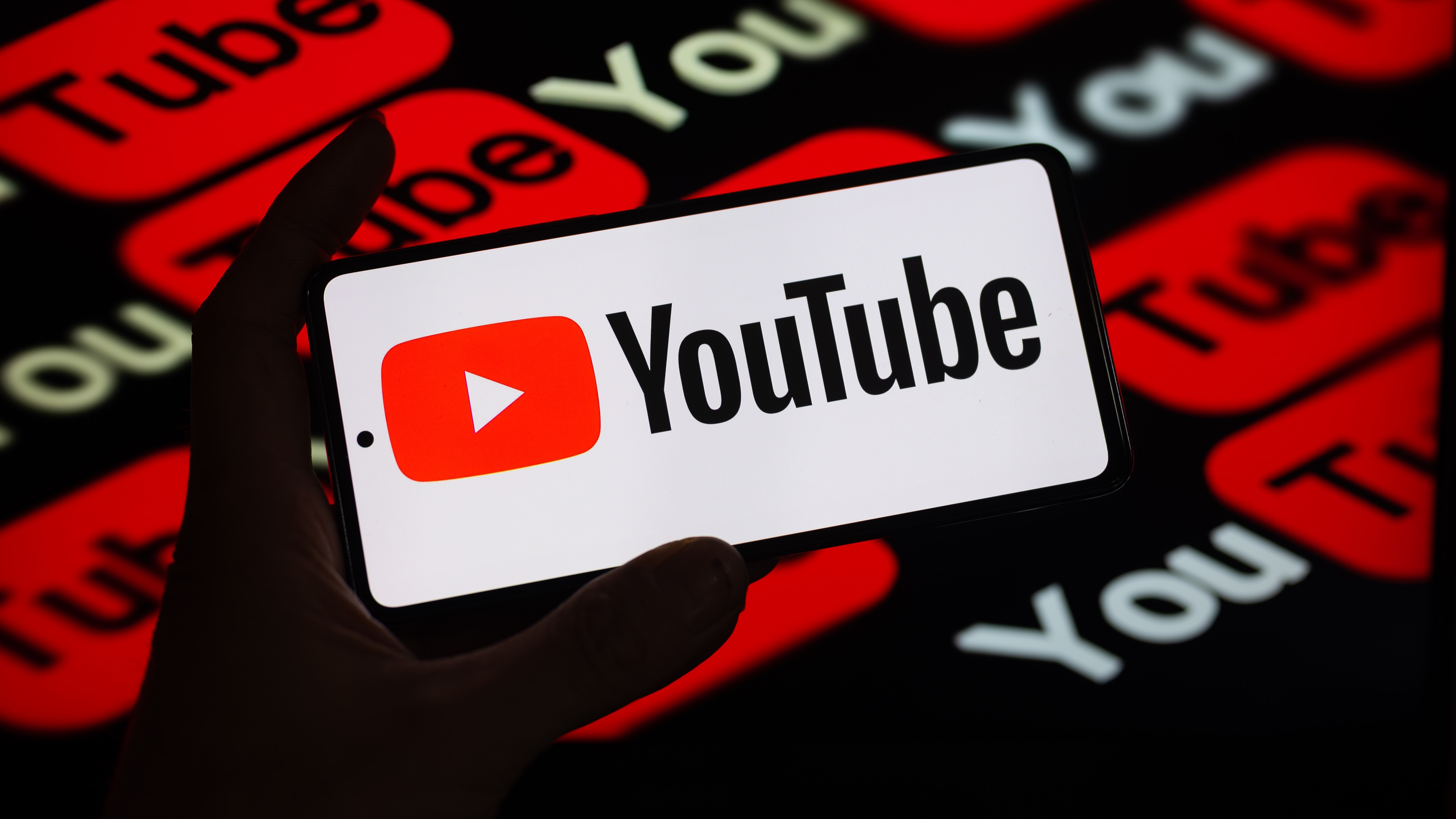
Like a song you put on a YouTube video but want to give it a new spin? The video platform is testing a new AI tool to do just that, at least for when you post a Shorts video. YouTube is letting a limited number of creators use the AI tool as a kind of co-producer. They can submit their music and a prompt about genre, mood, or other elements, and the AI will spin a new 30-second soundtrack that attempts to meet the request.
The remix feature employs YouTube’s Dream Track, an AI toolkit released a year ago to some U.S.-based artists. The AI works with the creators to compose songs based on prompts and pre-recorded vocals. Artists like Charli XCX, Demi Lovato, John Legend, Sia, T-Pain, and Charlie Puth all gave permission to YouTube for Dream Track to use their singing. The new tool carries Dream Track into the popular track remix facet of the music industry by restyling it to a new mood and type of sound. They might turn a pop song into a jazz ballad or an R&B song into a formal, baroque-style sound.
All of the Dream Track features use the Lyria music generation AI model developed by Google‘s DeepMind team. Lyria interprets words and audio and recombines the ideas behind both into unique music. Despite being new tracks, YouTube made a point of saying that the AI origin and the human artist behind the new track will be obvious.
“If you’re a creator in the experiment group, you can select an eligible song > describe how you want to restyle it > then generate a unique 30-second soundtrack to use in your Short,” YouTube’s description explained. “These restyled soundtracks will have clear attribution to the original song through the Short itself and the Shorts audio pivot page, and will also clearly indicate that the track was restyled with AI.”
Music dreams
The ability to quickly customize music to fit any specific genre, mood, or theme has obvious appeal for creators. And the industry probably won’t be too upset thanks to YouTube’s proactive measures to avoid copyright issues. YouTube and Google have made ostentatious efforts to compensate creators and rights holders when it comes to AI assistance. YouTube and Universal Music Group (UMG) signed a deal last year to work out a compensation scheme for AI to defuse that question before YouTube releases an AI music generator.
Compare that to the annoyance of creators who have seen their videos scraped to train AI models without their permission. Still, YouTube wants AI to fill its platform in as many ways as possible. The platform has already tested all kinds of AI tools for the public. AI can help inspire new video ideas with YouTube’s Brainstorm with Gemini tool and jump ahead of the kind of rights issues raised by artists thanks to an AI tool for removing copyrighted music from your video without taking it down completely.




















+ There are no comments
Add yours